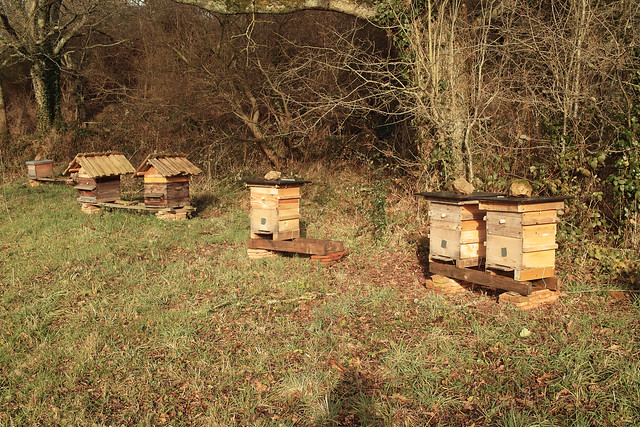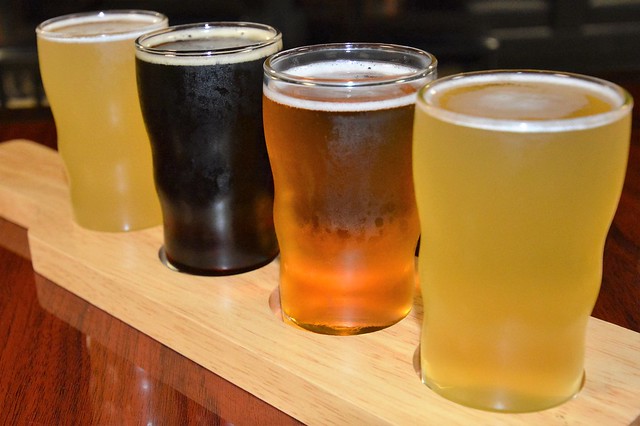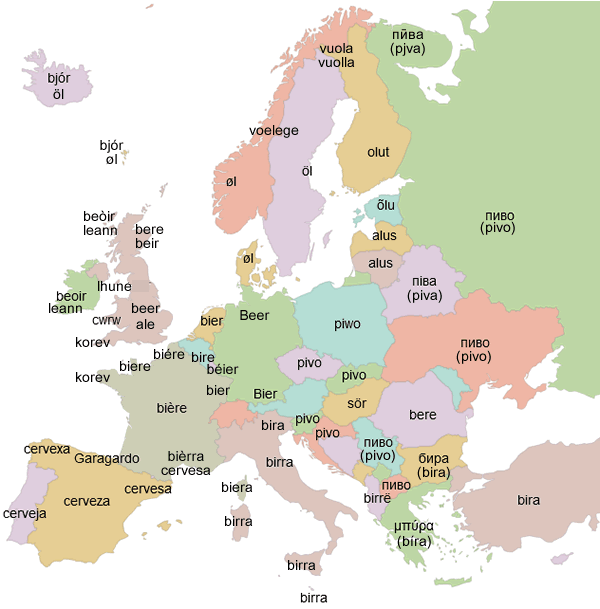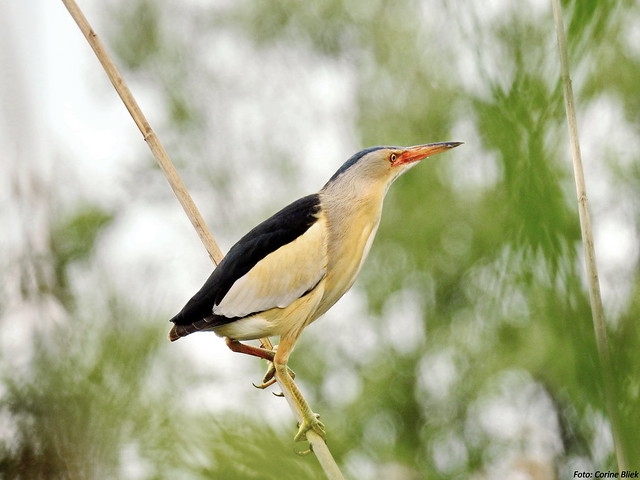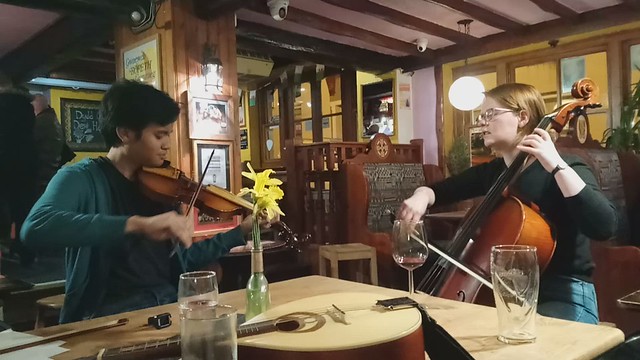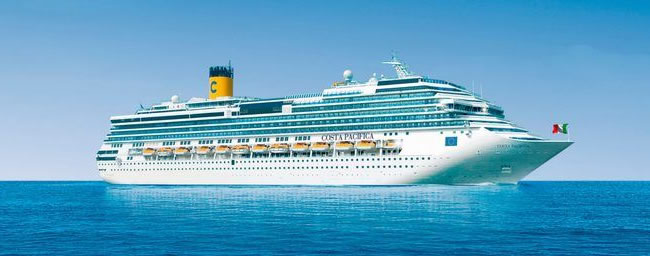The French word oie means goose, but how do you pronounce it?
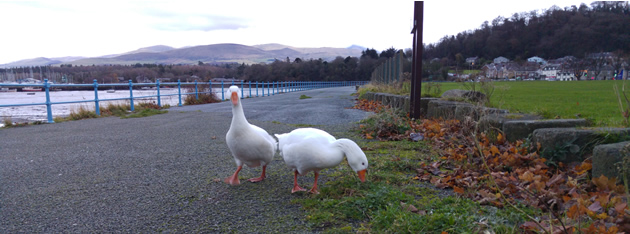
Last night at the French Conversation Group, we were talking about geese, as you do, and while I could remember how to write the word for goose in French, I wasn’t sure how to pronounce it. Then one of my friends suggested it was foie as in foie gras [fwa ɡʁa]. I knew this means “fat liver”, so foie must mean liver, and that oie probably sounds similar to foie.
My guess was right, oie is pronounced [wa] and rhymes with foie [fwa]. It comes from the Old French oie (goose), from Vulgar Latin auca (goose), a contraction of *avica, from Latin avis (bird), from Proto-Italic *awis (bird), from Proto-Indo-European *h₂éwis (bird). The Old French word was originally written oe or oue. The i was added by the end of the 12th century as analogy to oisel/oiseau (bird) [source].
Words from the same roots include հավ [hɑv] (hen, chicken) in Armenian, ave (bird) in Galician, Spanish and Portuguese, vista (chicken, hen) in Latvian, hwyad (duck) in Welsh, οἰωνός [i.oˈnos] (large bird, bird of prey, omen) in Greek [source].
The French word oiseau (bird) also comes from the same roots, via the Late Latin aucellus (little bird), as do uccello (bird) in Italian, and ocell (bird) in Catalan [source].
Incidentally, goose comes from Middle English go(o)s (goose, fool, idiot), from Old English gōs (goose), from Proto-West Germanic *gans (goose), from Proto-Germanic *gans (goose), from Proto-Indo-European *ǵʰh₂éns (goose), which is likely of imitative origin [source].
A French equivalent of to loose one’s marble (become crazy, loose one’s mind) is se perdre les oies (“to get lost in the geese”) [source].
Are there any interesting goose-related expressions in other languages?




